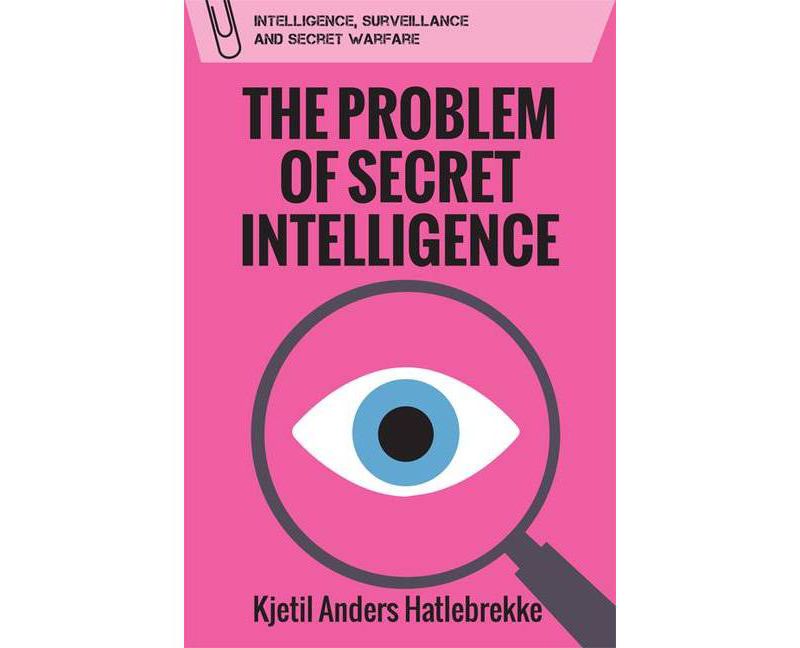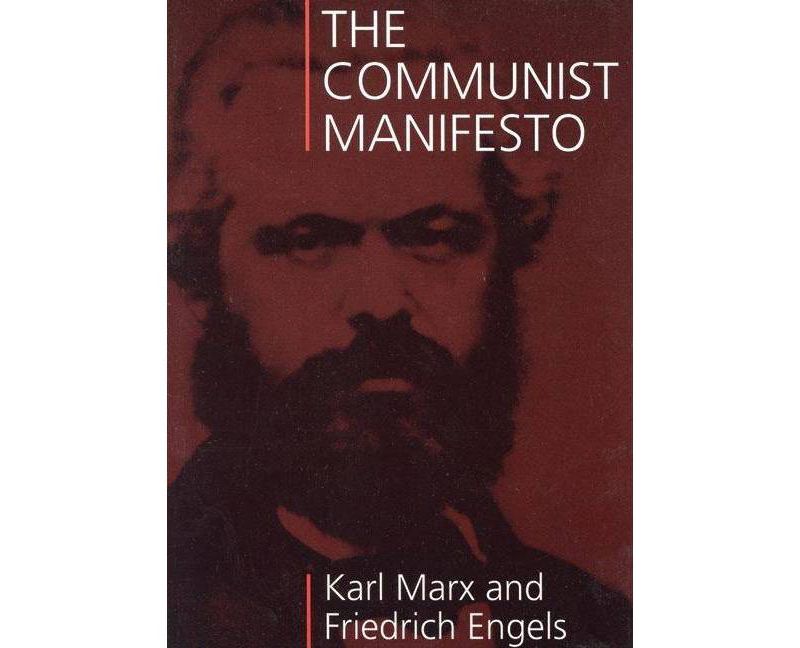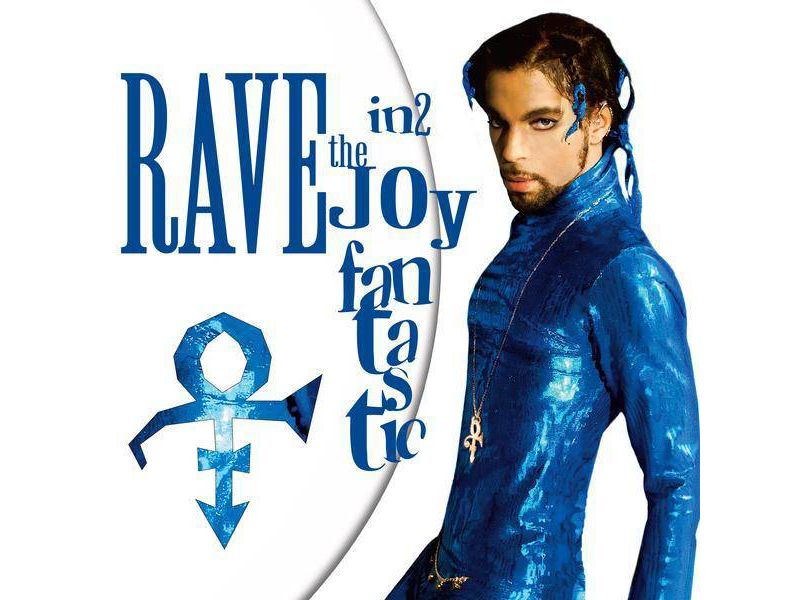Buy The Problem of Secret Intelligence - (Intelligence, Surveillance and Secret Warfare) by Kjetil Anders Hatlebrekke (Paperback) in United States - Cartnear.com

The Problem of Secret Intelligence - (Intelligence, Surveillance and Secret Warfare) by Kjetil Anders Hatlebrekke (Paperback)
CTNR963771 09781474481830 CTNR963771$ 31 $ 33 5% Off
*Product availability is subject to suppliers inventory
SHIPPING ALL OVER UNITED STATES
100% MONEY BACK GUARANTEE
EASY 30 DAYSRETURNS & REFUNDS
24/7 CUSTOMER SUPPORT
TRUSTED AND SAFE WEBSITE
100% SECURE CHECKOUT
Genre: Political Science
Sub-Genre: Security (National & International)
Series Title: Intelligence, Surveillance and Secret Warfare
Format: Paperback
Publisher: Edinburgh University Press
Age Range: Adult
Author: Kjetil Anders Hatlebrekke
Language: English
About the Book
What is intelligence - why is it so hard to define, and why is there no systematic theory of intelligence? Kjetil Anders Hatlebrekke creates a new, systematic model of intelligence analysis, arguing that good intelligence is based on understanding the threats that appear beyond our experience, and are therefore the most dangerous to society.
Book Synopsis
What is intelligence - why is it so hard to define, and why is there no systematic theory of intelligence? Classic intelligence analysis is based on an inference between history and the future - and this has led to a restriction in how we can perceive new threats, and new variations of threats. Now, Kjetil Anders Hatlebrekke rethinks intelligence analysis, arguing that good intelligence is based on understanding the threats that appear beyond our experience, and are therefore the most dangerous to society.
From the Back Cover
'I commend Kjetil Hatlebrekke's book. It challenges readers to rethink our approach to the interpretation and use of intelligence, which is crucial to modern governments.' Lord Robin Butler, Former UK Cabinet Secretary, Former Master of University College, Oxford Moving beyond the flawed model of classic intelligence production Why is intelligence so hard to define? Why is there no systematic or adequate theory of intelligence? This book argues that classic intelligence production has been premised on an ill-founded belief in an automatic inference between history and the future, and that the lack of a working theory has exacerbated this problem. Kjetil Anders Hatlebrekke uses classic cases of intelligence failure to demonstrate how this problem creates a restricted language in intelligence communities that undermines threat perception. From these cases Hatlebrekke concludes that intelligence needs to be re-thought and argues that good intelligence is the art of threat perception beyond the limits of our habitual thinking and shared experience. Kjetil Anders Hatlebrekke is Associate Professor at the Norwegian Defence Intelligence School. He has served in the Norwegian Armed Forces since 1990, and served as an intelligence officer in Operation Enduring Freedom and Operation Anaconda. Cover image and cover design: www.richardbudddesign.co.uk [EUP logo] edinburghuniversitypress.com ISBN 978-0-7486-9183-8 BarcodeReview Quotes
From my point of view; The Problem of Secret Intelligence is a must-read for a wide range of personnel, and not only in the military. The book introduces three new themes, which I assess will represent a paradigm shift when operationalized by intelligence organizations; Digideceptionalisation; The Courage-to-Share Strategy; and The Twelve Images of Intelligence.
--Marius Kristiansen "Stratagem "This is an important and courageous book that needs to be read by practitioners and deserves to be read by anyone with an interest in secret intelligence in international affairs and the prevention of strategic surprises in particular. My heavily dog-eared copy attests to the number of insights throughout its pages. It is my hunch that, in its call for a more open, encompassing and creative view of intelligence as an activity, process and output, this book will become a classic in intelligence studies.
--Dr Patrick Bury, University of Bath "International Affairs "About the Author
Kjetil Anders Hatlebrekke is Associate Professor at the Norwegian Defence Intelligence School. He earned his PhD from King´s College, London. Hatlebrekke has served in the Norwegian Armed Forces since 1990, and has operational experience from Bosnia, Kosovo, the Middle East and Afghanistan. In Afghanistan he served as an intelligence officer in Operation Enduring Freedom and Operation Anaconda. The unit he was in was awarded the US Navy Presidential Unit Citation.










































